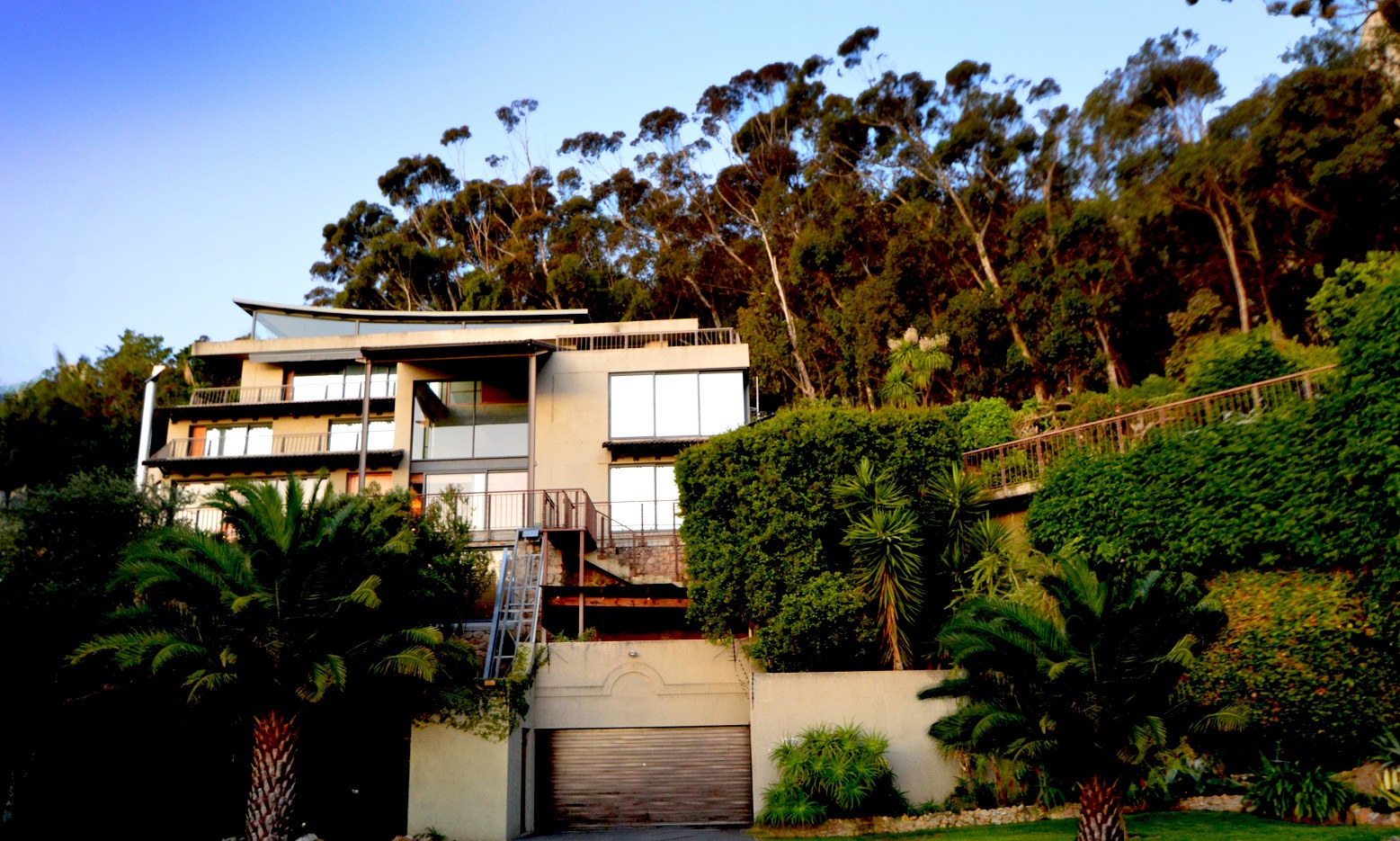When the property market is “hot” as it is at the moment, and the supply of quality homes for sale in your preferred area is dwindling, a competitive offer from another buyer can quickly result in the dream home you've just found becoming nothing more than a mirage.
“Of course most buyers prefer a home that is ready to move into, and many are willing to pay a premium for this advantage – which can translate into a full-price offer from a competing buyer, and perhaps even one that exceeds the seller's asking price,” says Richard Gray, CEO of the national Harcourts Real Estate group.
"Alternatively, delaying your decision to make an offer while you think things over may create the opportunity for another buyer to jump in and snap up your perfect home.”
However, he notes, serious buyers can do much to ensure that their offers are successful, starting with home loan pre-approval that is documented and can be produced for the seller, and a sizeable cash deposit.
“It also helps to be honest with the seller about your serious interest in the property, and third, you should make it clear that while you are prepared to negotiate the terms of your own offer, you are not willing to be thrust into a bidding war with other potential buyers.
"Our experience is that genuine sellers will respect the fact that you are making a well-considered offer for the property, are open to negotiation and can show that you really do have the financial capacity to buy the property.”
However, Gray says, if the sellers choose not to accept your offer, you should keep calm and remember that the one thing worse than losing your dream home to another buyer is overpaying for the property as a result of a bid and counter-bid battle.
“For a start, overpaying means more money for the deposit, higher transfer costs because these are based on the price and, over the years, thousands of rands of additional interest on a bigger home loan.
“And on top of that, buying at an inflated price means a slower build-up in home equity – which means that if you are forced to sell before the house realises significant appreciation you may even have to pay in more money to clear your home loan.”


